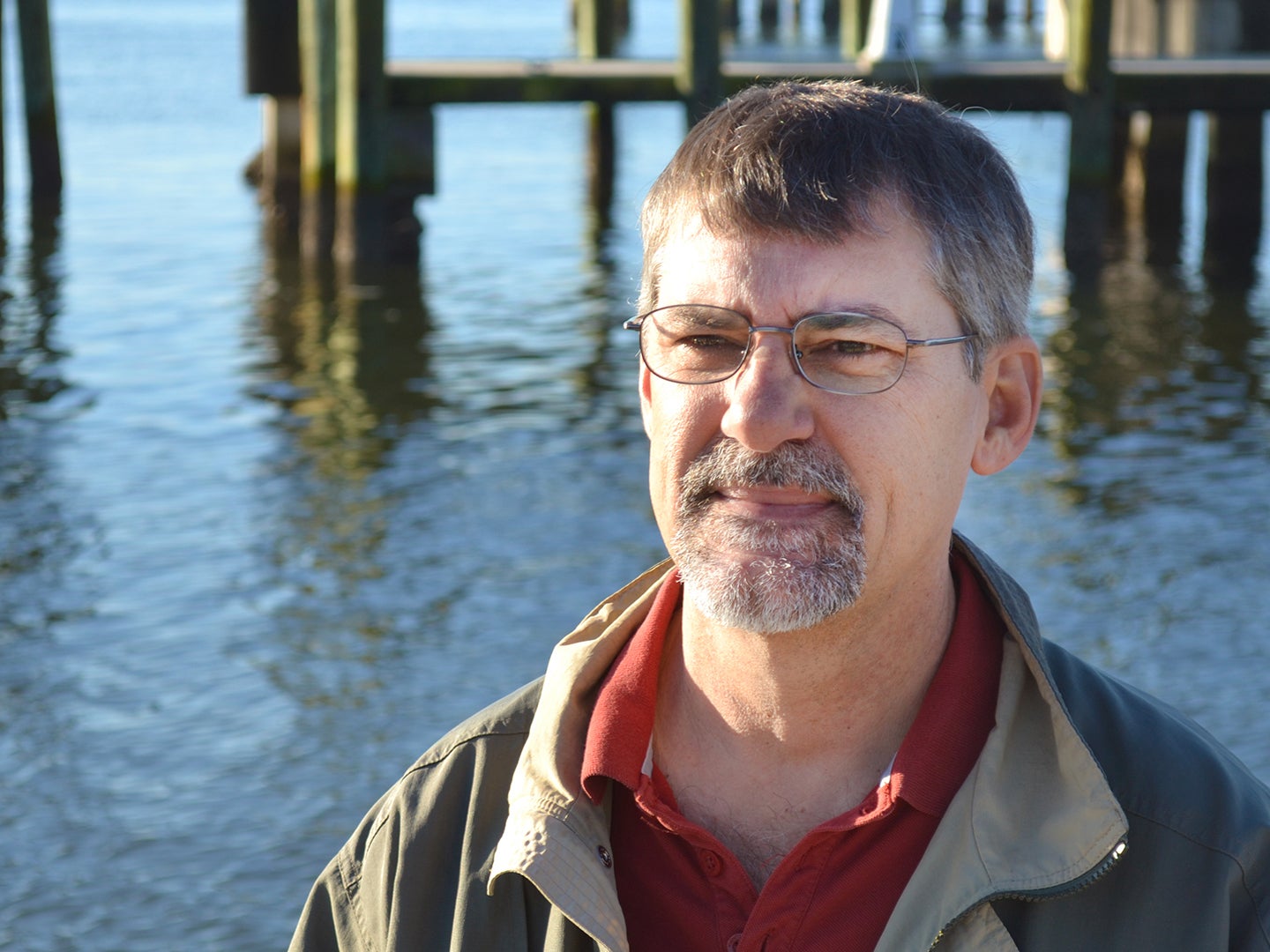Marine Fisheries Commission overrules fisheries director and adopts gill net prohibition
Published 5:09 am Wednesday, March 27, 2019

- Division of Marine Fisheries Director Steve Murphey
The N.C. Marine Fisheries Commission voted March 13 to overrule the director of the Division of Marine Fisheries and prohibit gill nets upstream of the ferry lines in two river systems.
The commission passed a motion directing Division of Marine Fisheries Director Steve Murphey to implement the year-round closure by proclamation upstream of the Bayview/Aurora Ferry in the Pamlico River system and upstream of the Minnesott Beach/Cherry Branch Ferry in the Neuse River system.
The proclamation was be issued last week and took effect March 18. The closure is expected to continue for about two years until Amendment 2 to the N. C. Estuarine Striped Bass Fishery Management Plan is adopted. Amendment 2 could continue the provision or recommend other management actions.
Murphey had declined to voluntarily implement a similar motion passed at the commission’s February meeting that requested he restrict the use of gill nets that interact with striped bass upstream of the ferry lines in the rivers and require attendance of gill nets that interact with striped bass upstream of the tie-down lines in the Central Southern Management Area.
The February motion was made following the adoption of Supplement A to Amendment 1 to the N. C. Estuarine Striped Bass Fishery Management Plan, which provided for a year-round season closure for striped bass in internal waters in the Central Southern Management Area. The Central Southern Management Area runs from just south of Oregon Inlet to the South Carolina state line.
In a March 4 letter to the commission, Murphey wrote that he carefully considered the issue but concluded that scientific data does not support the management measure. Gill nets are not the primary or even the most significant source of discard mortality in the Central Southern Management Area striped bass fishery.
“This letter and Supplement A acknowledge discards in both the recreational and commercial industry, but it also points out that gill net restrictions already in place have resulted in significant reductions in striped bass discards and that recreational discards are increasing in recent years,” Murphey said.
Last Wednesday’s meeting was an emergency meeting called under North Carolina General Statute section 113-221.1(d), which authorizes the commission to review the desirability of directing the fisheries director to issue a proclamation. Once the commission votes under this provision to direct issuance of a proclamation, the fisheries director has no discretion to choose another management option and is bound by law to follow the commission decision. In these cases, under existing law, the decision of the commission to direct the director to issue a proclamation is final and can only be overruled by the courts.
“I have talked to the secretary of the Department of Environmental Quality, and the secretary has talked to the Governor’s Office, and the secretary does not agree with the approach for this proceeding,” Murphey said.
The Division of Marine Fisheries has implemented the year-round striped bass season closure for commercial fishermen in coastal fishing waters, managed by the N.C. Marine Fisheries Commission and in joint fishing waters, managed cooperatively between the N.C. Marine Fisheries Commission and the N.C. Wildlife Resources Commission. However, the Division of Marine Fisheries has delayed implementation of the no-possession measure for the recreational fishery in joint fishing waters because it is currently inconsistent with Wildlife Resources Commission management measures for those waters.
At the meeting, the Marine Fisheries Commission also passed a motion asking the Wildlife Resources Commission to adopt a year-round closed season for striped bass for recreational harvest in joint fishing waters.
Research has shown that striped bass in the Central Southern Management Area are not a self-sustaining population and that fishermen are mainly catching hatchery-raised fish; however, data suggest there have been two recent naturally-spawned year classes. The no-possession management measure will offer additional protection for those non-hatchery fish and protect larger females which could increase natural spawning stock biomass.
On March 15, the Division of Marine Fisheries issued Proclamation M-6-2019 and FF-4-2019 formally implementing the commission’s action.
READ ABOUT MORE NEWS AND EVENTS HERE.
RECENT HEADLINES:
DMF, WRC extend year-round striped bass season closure to inland, joint waters





